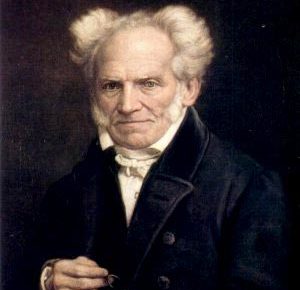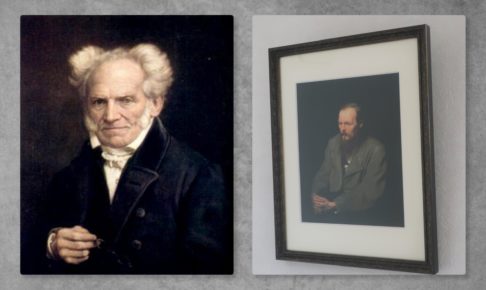List of 4 recommended Schopenhauer works and commentary articles - The German pessimist master who was also influenced by Buddhism.
In this article, we will recommend four of Schopenhauer's recommended works and, as an extra, six explanatory and reference articles.
It was quite a demanding time reading his book, thinking about it, and writing the article. I felt several times more fatigued and depressed than usual.
But that is also why I felt that we must overcome Schopenhauer's pessimism. I felt again that Dostoevsky, Chekhov, and Zola were the great predecessors of Schopenhauer. I felt as if I understood a little why the great writers of that era were so earnest in their contemplation of "life.
















































